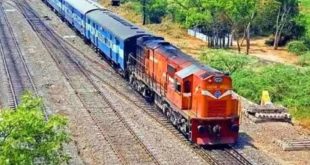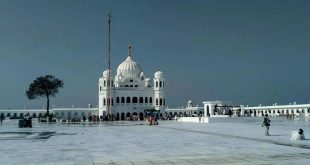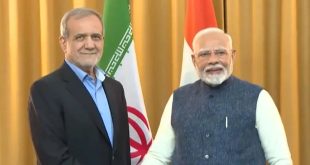One Nation One Election: A Paradigm Shift in India’s Electoral Landscape
In recent news, the concept of “One Nation One Election” has been gaining momentum in India. This revolutionary idea proposes the synchronization of Lok Sabha and Vidhan Sabha elections, presenting a host of challenges and opportunities for the Election Commission (EC) and the government.
The Need for Electronic Voting Machines (EVMs)
Life Span of EVMs
The EC estimates that in the scenario of simultaneous Lok Sabha and Vidhan Sabha elections, there would be a need for approximately 10,000 crore INR every 15 years to purchase new electronic voting machines (EVMs). The EC emphasizes that the lifespan of each EVM is 15 years, making it viable for only three elections in the context of “One Nation One Election.”.
Challenges Faced by the Election Commission
Setting Up Polling Booths
For the Lok Sabha elections alone, the EC anticipates the requirement of around 11.80 lakh polling booths. If Vidhan Sabha elections are held simultaneously, the demand for additional EVMs becomes inevitable, with at least two sets needed at each polling booth—one for Lok Sabha and the other for Vidhan Sabha.
Increased Need for Control Units (CUs) and Ballot Units (BUs)
In a letter to the Central Ministry last February, the EC highlighted the necessity for a higher number of Control Units (CU), Ballot Units (BU), and Voter-Verified Paper Audit Trail (VVPAT) units. The EC projected that the temporary cost in 2023 per BU, CU, and VVPAT unit would be 7,900 INR, 9,800 INR, and 16,000 INR, respectively.
Government’s Stand on One Nation One Election
The central government, under the leadership of former President Ram Nath Kovind, has established a high-level committee to explore the feasibility of One Nation One Election. The committee’s mandate includes identifying necessary amendments in existing constitutional and electoral laws, preparing a comprehensive voter list, and making recommendations on logistics such as EVMs and VVPATs.
Challenges Addressed by the Committee
The committee has recently issued a public notice inviting suggestions from the general public. It aims to seek recommendations on necessary changes in the current legal and administrative framework to facilitate simultaneous elections. The committee emphasizes that this initiative is a first step towards adapting the existing legal and administrative structure for conducting unified elections nationwide.
The concept of One Nation One Election brings with it a myriad of challenges and complexities, ranging from logistical requirements to legal amendments. While the Election Commission and the government grapple with these challenges, the prospect of synchronized elections remains a topic of great interest and debate.
 Suspense Crime Sach Ka Dam
Suspense Crime Sach Ka Dam



